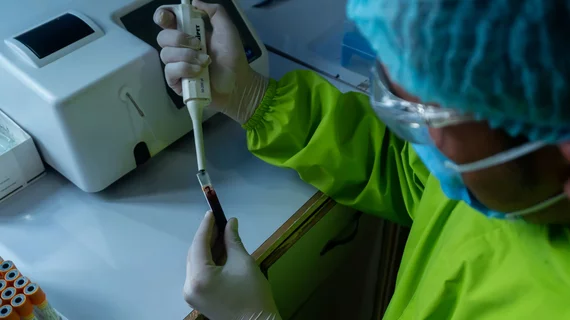The COVID crisis has given AI a chance to shine for medical researchers this year—and shine it has, judging by one prominent center’s experience.
Starting in March, “[m]any of us dropped all other research and tried to focus entirely on doing COVID modeling,” Jayashree Kalpathy-Cramer, PhD, recalls.
Scientific director of the Center for Clinical Data Science at Mass General Brigham in Boston, Kalpathy-Cramer recounted her team’s high-tech COVID journey at a virtual panel discussion Nov. 12, according to a report posted the next day in The Wall Street Journal.
“It was important to have large amounts of data storage, easy access to data and enough computational power to build complex AI models,” Kalpathy-Cramer explained, adding that researchers from several task forces at Mass General have collaborated this year to apply AI algorithms to COVID challenges.
Among these are using AI models to help predict disease severity in incoming COVID-positive patients and proactively allotting ICU beds and other resources.
Also presenting at the virtual event, which focused on recent tech-driven COVID research across various avenues of inquiry, was Gladstone Institutes CIO Scott Pegg. He told attendees his IT team has had to make sure biomedical researchers working from home had plenty of data storage and compute power.
Along the way he came to see his role as keeping IT from becoming a bottleneck slowing the researchers down.
Medical imaging datasets in particular “pile up really quickly, and that’s where everyone wants to do the most computing,” Pegg said. “[T]hat’s a great application for AI.”

